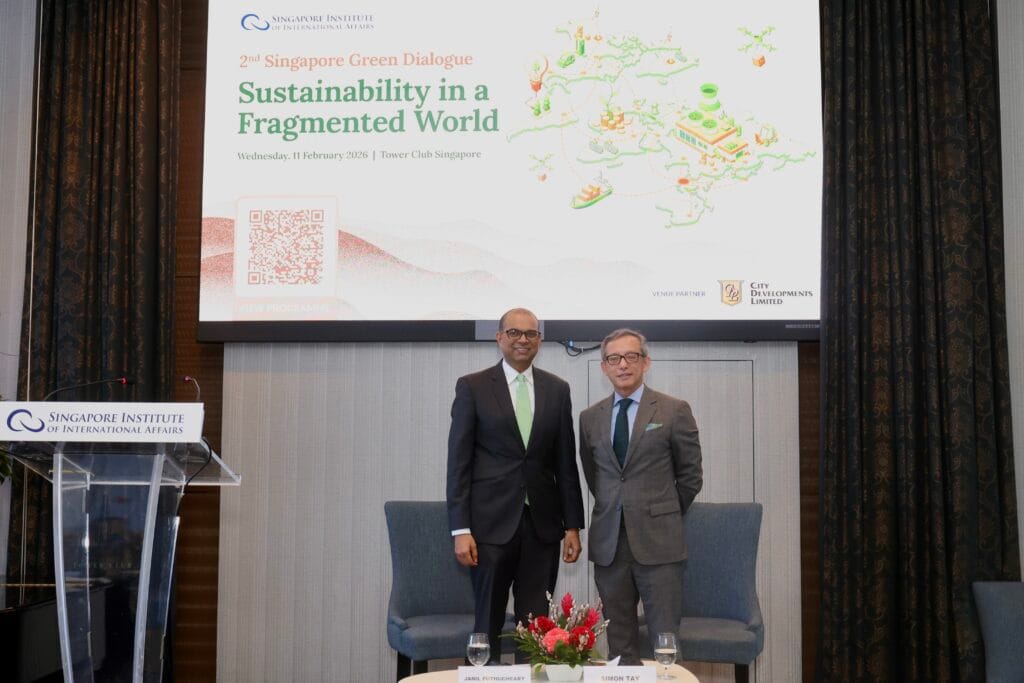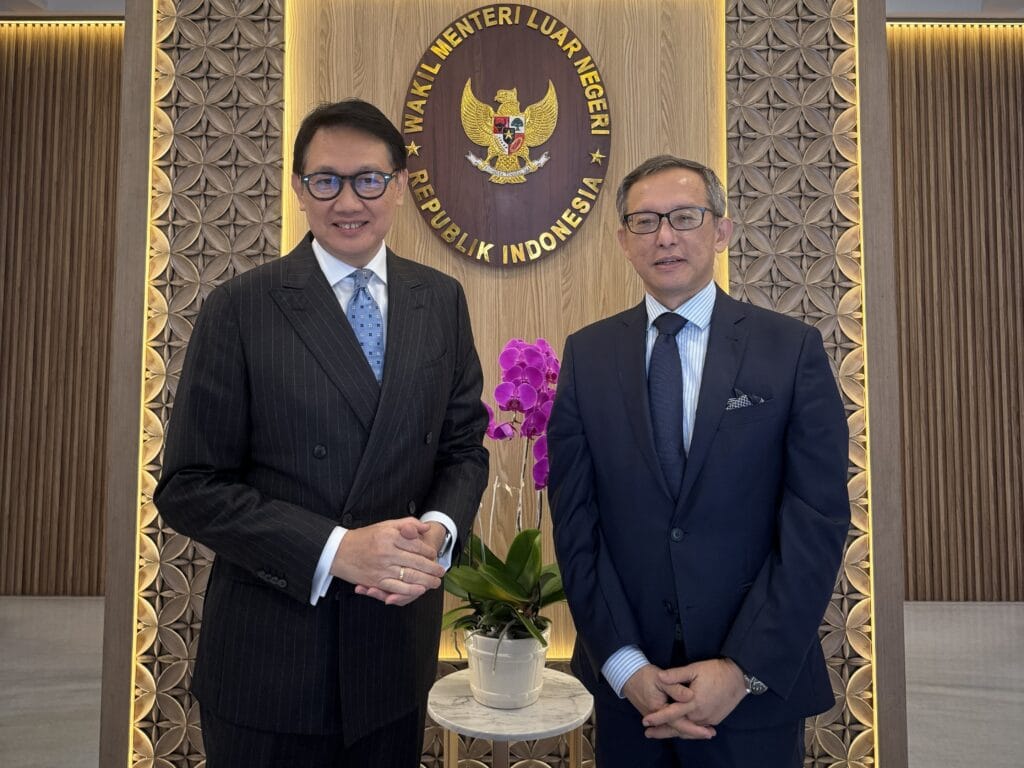Media Release
For Immediate Release
Transboundary Haze in 2023: Challenge is Real and Should be Global Concern
The severity of haze is largely due to the climate, along with political and economic factors
11 October 2023 – Fires and haze have returned to the region, after three years of blue skies. In June this year, the Haze Outlook Report 2023 issued by the Singapore Institute of International Affairs (SIIA) sounded a red alert about the risk of severe transboundary haze in the region.
The report provides a risk assessment of the probability of a severe transboundary haze incident affecting Indonesia, Malaysia, and Singapore in 2023. This is the fifth annual edition of the Haze Outlook and is based on the research by the Singapore Institute of International Affairs (SIIA) and the SIIA’s consistent and in-depth engagement with sustainability stakeholders in Indonesia and Malaysia, including government bodies, businesses, NGOs, and academics. An SIIA team recently returned from Jakarta on Friday, 6 October, where it held a series of high-level meetings with key stakeholders to develop a clear picture of the current situation on the ground in Indonesia.
“It’s true the weather is drier and fair to say the Jokowi administration has done more than any previous Indonesian government,” said Associate Professor Simon Tay, Chairman of the Singapore Institute of International Affairs, “But there is more that can and should be done to respond now, and to address gaps going forward. Although Jokowi’s term is ending, political attention and will must be asserted if this is to be a legacy for his presidency.”
Prof Tay emphasised that “more transparency and dialogue is needed as a basis for cooperation and funding for win-win solutions for prevention, conservation, and investment for nature-based solutions and carbon credits.”
“The Indonesian authorities are closely following satellite data, with live alert systems at the Ministry and to ground level enforcement. A couple of dozen fires have already been found inside large company concessions, and estates are sealed off. Corporations point out that fires mostly originate from smallholder zones and spread, especially in remote areas,” said Ms Khor Yu Leng, Associate Director (Sustainability), SIIA. “But firms are still liable, even if they didn’t start the fires. Since 2015, most have reinforced their fire prevention and suppression activities, even outside their concessions.”
Ms Khor also noted that key groups put major efforts into good engagements with villagers and local authorities, but they also note that fire readiness seems uneven across the risk zones, because of local factors. She called for more local authorities in Indonesia to give priority to the situation, as there are reports that not all officials are allocating enough resources. With Indonesia heading into elections, NGO and corporate observers alike express concern about enforcement, as smallholder farmers are an important rural support base.
“Dry conditions are unpredictable this year due to the combination of El Niño and the positive phase of the Indian Ocean Dipole,” explained Mr Aaron Choo, Senior Assistant Director (Special Projects and Sustainability) at the SIIA, “the weather is uneven, and some sub-regions will see higher rainfall. But worse may come as this year’s dry season will last longer than normal, persisting into late October or even November.”
Moreover, SIIA Chairman Tay voiced concern that the El Niño and Indian Ocean Dipole phenomena often extend into multiple years and may continue to increase haze risk in 2024 or beyond. “It is wrong to see this as a short-lived nuisance or assume the next Indonesian government will do as much or more than the present. Especially with climate change, the challenge from the haze is real and must be of global concern.”
The SIIA, a globally ranked think tank focused on politics, economic policies and sustainability, has been working to address the haze and fires for many years. Its annual flagship Singapore Dialogue on Sustainable World Resources has been held for the last 10 years and addresses the haze and fires in the context of trade, finance, and climate change.
***
Download the Haze Outlook Report 2023
***
For further enquiries, please contact the SIIA:
Ms. Siti Bazilah
Senior Executive, Media, Events & Marketing
Email: siti.bazilah@siiaonline.org
Ms. Hazeera Bi W.
Senior Executive, Media
Email: hazeera.wahid@siiaonline.org
About the Singapore Institute of International Affairs
Insights ● Networks ● Access
Established in 1962, the Singapore Institute of International Affairs (SIIA) is a non-profit and independent think tank committed to producing policy analysis, fostering in-depth dialogues and bridging gaps between policymakers, private sector decision-makers and experts to shape public policy and social responses. Centred around ASEAN focused themes, the institute aims to deliver policy analysis in international affairs and on issues driving environmental sustainability. The SIIA has been consistently ranked as one of the leading think tanks in Southeast Asia and the Pacific, in the Global Go To Think Tank Index by the University of Pennsylvania. Since 2017, the SIIA was ranked the No. 1 independent think tank in Asia. It was also recognised as one of the top 50 think tanks globally, excluding the United States of America. For two consecutive years since 2019, it was recognised as the No. 1 think tank in South Asia, Southeast Asia, and the Pacific (excluding India). In 2020, it was also recognised as one of the think tanks with the best policy and institutional response to the COVID-19 pandemic.
About the SIIA’s Sustainability Programme
The SIIA’s Sustainability Programme was established in 1997 when we organised Singapore’s first haze dialogue with the Singapore Environment Council. Since then, the Sustainability Programme has evolved to address a range of climate issues that ASEAN faces. Following the severe transboundary haze in 2013, the SIIA established the Singapore Dialogue on Sustainable World Resources (SWR) in 2014. The dialogue is now into its 10th year. The Programme continues to focus on the forestry sector, as well as the use of finance as a lever to advance supply chain sustainability and drive Southeast Asia’s green recovery from the COVID-19 pandemic and long-term transition towards carbon neutrality.




